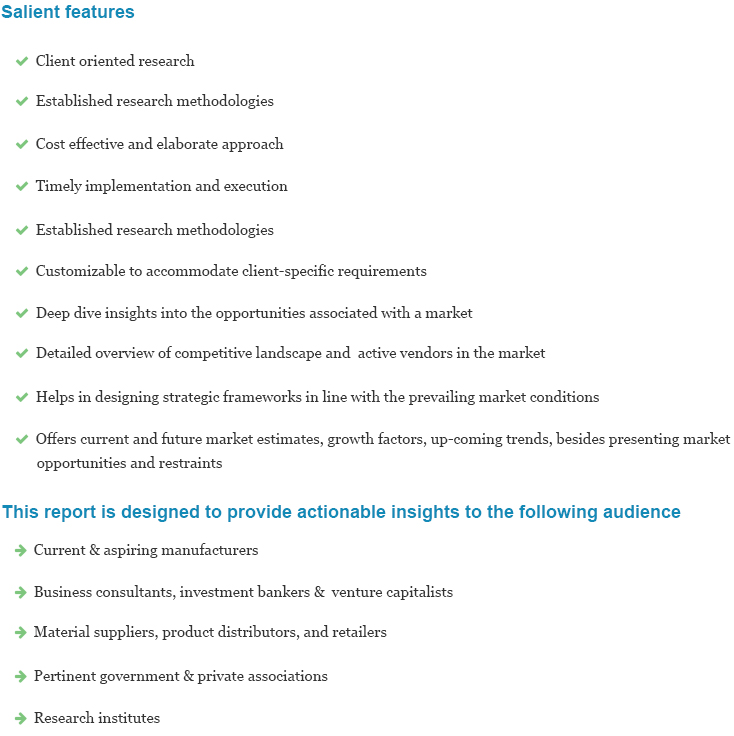
Global Mascaras Market Professional Survey Report 2016
- Published: March, 2017
- Format: Electronic (PDF)
- Number of pages: 72
- Industry: Personal Care & Cosmetics
Mascara is one of the most commonly used cosmetics for eyes. In modern mascara formulations the purpose of mascara is to darken, lengthen and thicken the eyelashes. For decades’ formulators have been working on achieving these attributes while trying to eliminate some of the problems associated with mascara such as smudging, difficult removal, clumping etc. Mascaras must be carefully formulated to allow easy and even application without smudging. Millions of women use mascara to make their lashes lush. It's been around since the 19th century, and those tubes and wands are still making eyes more attractive.
Mascara's ingredients typically include a carbon black or iron oxide pigment to darken lashes; a polymer to form a film that coats lashes; a preservative; and thickening waxes or oils such as lanolin, mineral oil, paraffin, petrolatum, castor oil, carnauba wax, and candelilla wax. Mascara coats the lashes with the pigment and other ingredients to make the lashes stand out. Different formulas and different brush types can give different results; for example, lengthening mascaras may coat the lashes with polymers to create a smoother, longer look from root to tip; thickening formulas may include plumping agents to make each lash look fuller.
The Global Mascaras Market is segmented on the basis of types, systems, application, distribution channel and region. On the basis of type, the global market is classified into regular mascaras, waterproof mascaras or water resistant mascaras, clear mascaras. Waterproof Mascaras or Water resistant mascaras – work even when they come in contact with moisture because they typically contain a chemical called dimethiconecopolyol that helps the product adhere to lashes even in wet or humid conditions.
Clear mascaras – are different from other mascaras because they lack the pigments or coloring agents. It gives a cleaner, neater look, align lashes, and provide a bit natural-looking lash enhancement. On the basis of system, the global market is classified into water-based, solvent-based, water/solvent emulsion systems.
Water-based mascaras are formulated to include waxes, pigments and resins dissolved in water. They are considered to be oil-in-water emulsions and have a high concentration of water phase. Solvent-based mascaras make use of petroleum distillates to which the pigments and waxes are added. This petroleum based materials confer a waterproofing character. Water/solvent emulsion systems have the advantages of thickening with a short drying time, similar to the water-based systems, while providing waterproofing and lash separation, similar to the solvent-based mascaras.
On the basis of application, the global market is classified into Age 12 to 17, Age 18 to 24, Age 25 to 44, Age 45 to 64, other. On the basis of distribution channel, the global market is classified into hypermarkets, supermarkets, and department stores, specialty retailers, pharmacy and drugstores. Geographically, the global market is segmented into North America (U.S., Canada, and Mexico), China, Europe (Germany, France, England, Russia and Italy), Southeast Asia, Japan, and India. The key players are Chanel, L'Oral Paris, Clinique, Benefit, Lancme, Too Faced, Dior, Max Factor, Charlotte Tilbury, and Nars.

Choose License Type
- World's largest premium report database
- Transparent pre & post sale customer engagement model
- Unparalleled flexibility in terms of rendering services
- Safe & secure web experience
- 24*5 Research support service
